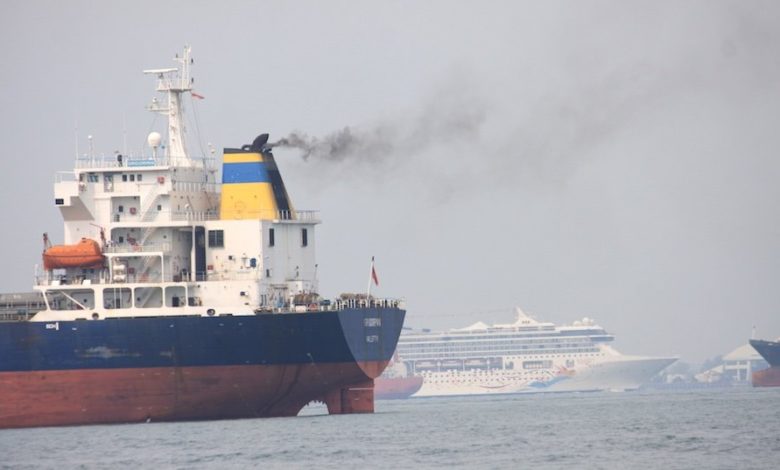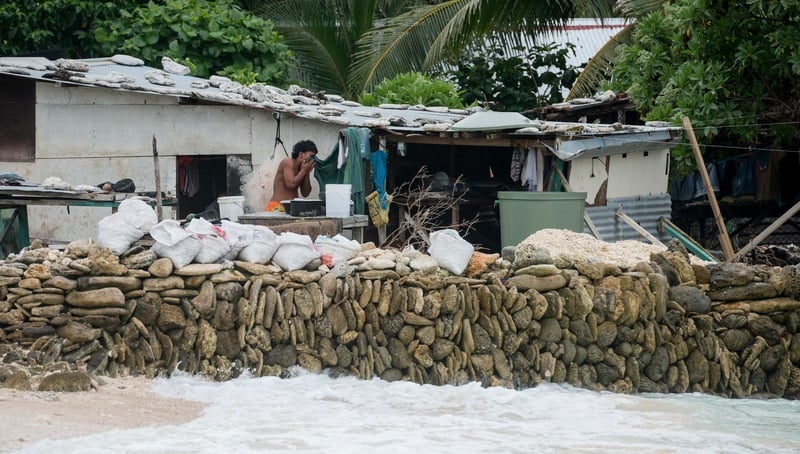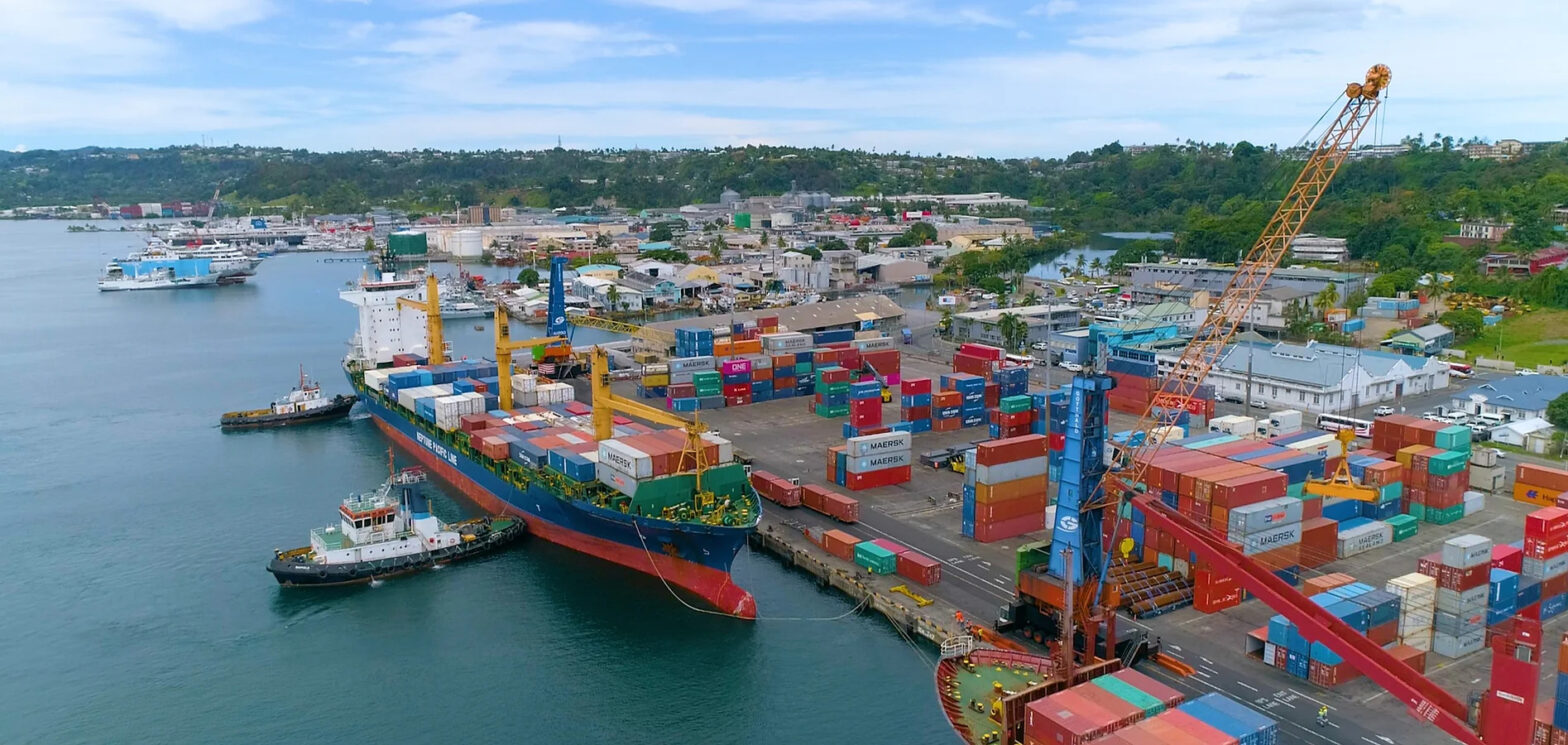The ICS carbon levy is intended to expedite the creation of a market that makes zero-emission shipping viable
As is customary when the International Maritime Organisation(IMO) gets ready to discuss green matters the battle lines between lobby groups and environmentalists harden.
In a bid to set the agenda for November’s 77th gathering of the Marine Environment Protection Committee (MEPC), the International Chamber of Shipping(ICS), backed by dry bulk association Intercargo, today revealed details of its proposal for a global carbon levy.
However, the proposal’s lack of figures leaves it open to attack, especially with plenty of other competing proposals filling up the IMO secretariat’s inbox, including a more strict wishlist coming from the Marshall Islands and the Solomon Islands.
MEPC 77 this year is taking place in the same month and same country as COP 26, the big annual global environmental debate, adding piquancy to the IMO gathering. It also comes as the European Union looks set to enact its own carbon trading rules on shipping.
The ICS proposal for a global levy on carbon emissions from ships is claimed to be a first for any industrial sector.
The levy would be based on mandatory, unspecified contributions by ships trading globally, exceeding 5,000 gt, for each tonne of CO2 emitted. The money would go into an IMO Climate Fund which, as well as closing the price gap between zero-carbon and conventional fuels, would be used to deploy the bunkering infrastructure required in ports throughout the world to supply fuels such as hydrogen and ammonia.
“The carbon levy is intended to expedite the creation of a market that makes zero emission shipping viable,” ICS stated in a release.
The fund would calculate the climate contributions to be made by ships, collect the contributions, and give evidence they have been made. ICS hopes that it would also support new bunkering infrastructure, so that new fuels, when developed, can be made available globally and from as many ports as possible. To minimise any burden on UN Member States and ensure the rapid establishment of the carbon levy, the framework proposed by industry would utilise the mechanism already proposed by the ICS for a separate US$5bn research and development fund to accelerate the development of zero-carbon technologies, which the IMO is scheduled to discuss again at MEPC.
Guy Platten, secretary general of ICS, commented: “What shipping needs is a truly global market-based measure like this that will reduce the price gap between zero-carbon fuels and conventional fuels. The rapid development of such a mechanism is now a vital necessity if governments are to match actions with rhetoric and demonstrate continued leadership for the decarbonisation of shipping.”
The ICS hit out once again at the EU plans to place shipping on the bloc’s emission trading scheme, suggesting that a “piecemeal approach” to market-based measures will ultimately fail to reduce global emissions from international shipping to the extent required by the Paris Agreement, whilst significantly complicating the conduct of maritime trade.
With two months to go till MEPC, the volume of proposals flooding the IMO secretariat looks set to make for long, drawn out days of debate at IMO headquarters.
One proposal that has drawn much discussion has come from the Marshall Islands and the Solomon Islands. The two nations, facing the threat of being wiped off the map by climate change, in March this year introduced the concept of a universal, mandatory greenhouse gas levy with an entry price of US$100 per tonne/CO2e with regular upward ratchets following review.
Updating the proposal late last month, the two Pacific island states gave details of how they see this levy increasing going forward. The update suggests raising the US$100 CO2 levy annually or every five years by 30 percent or 100 percent.
The proposal has been backed by eight Pacific island nations of the Climate Vulnerable Forum (CVF), which met last week.
In a communique, the CVF stated: “[I]n addition to being the only measure proposed that can drive a market transition to non-emitting fuels and technologies at the speed and scale needed for a 1.5°C agenda, the proposed entry price in 2025 of US$100/ton CO2e may raise revenues in the order of $90 billion per annum.”
This story was produced by Sam Chambers, published at Splash 247 on 6 September 2021, reposted via PACNEWS.




